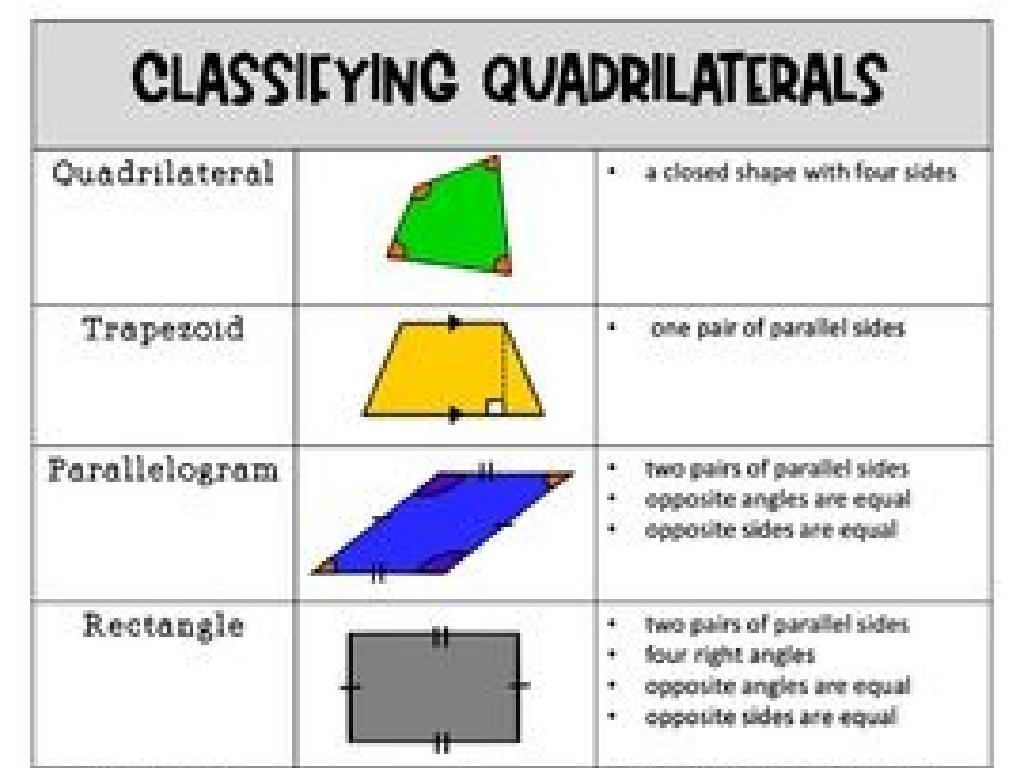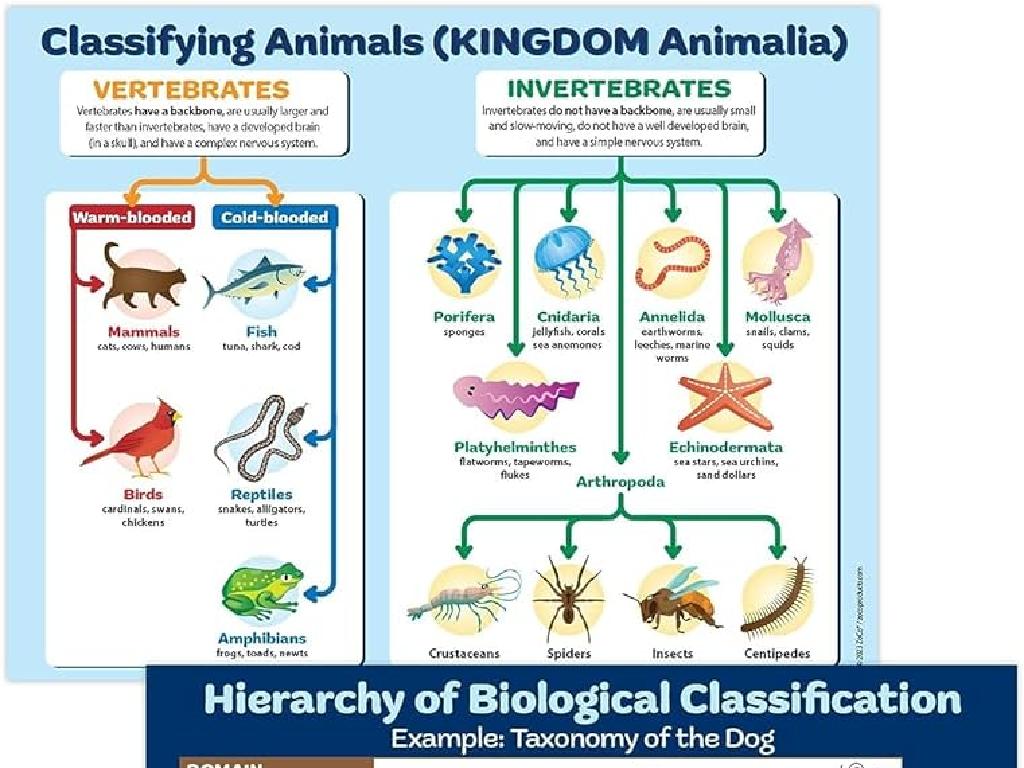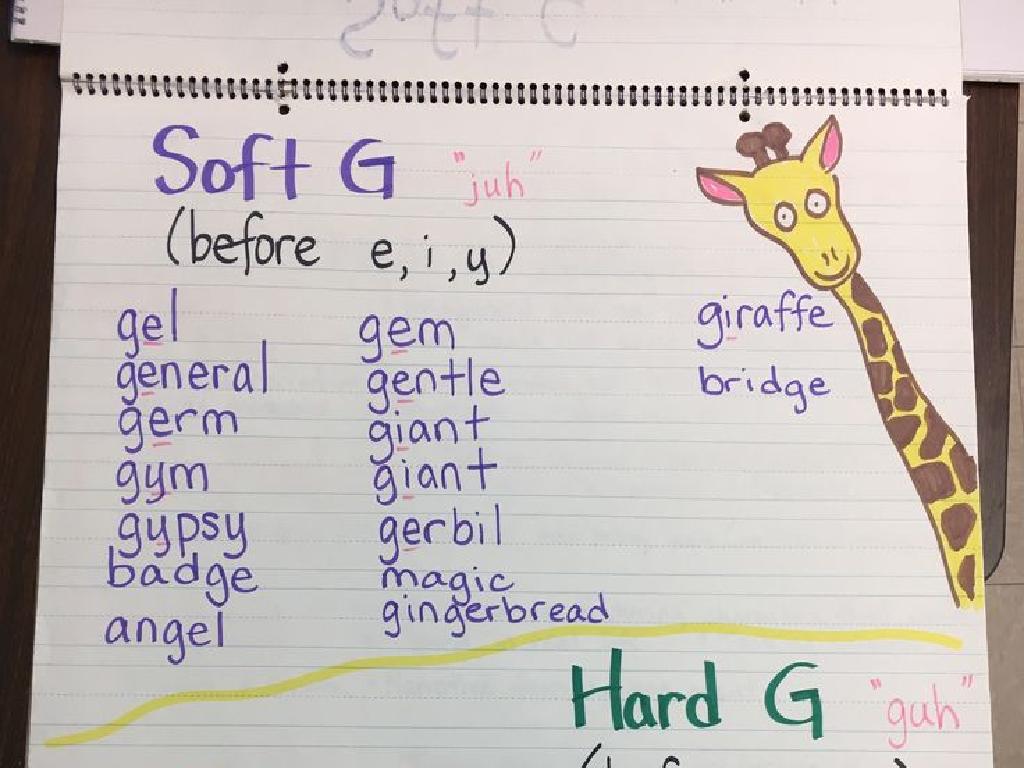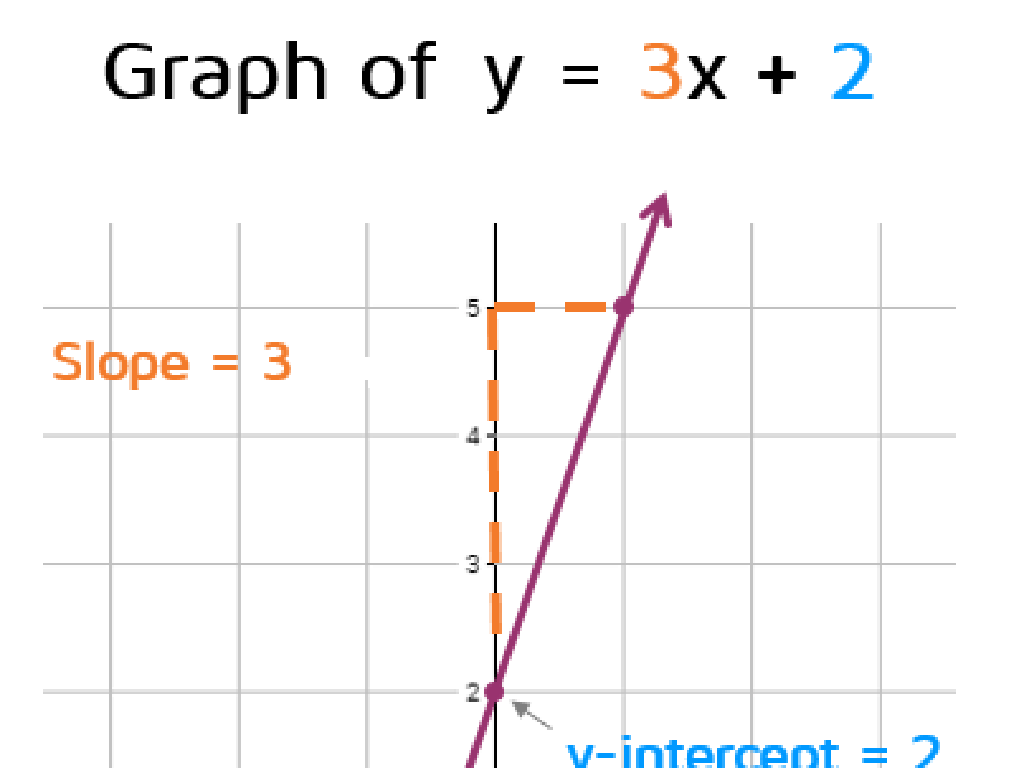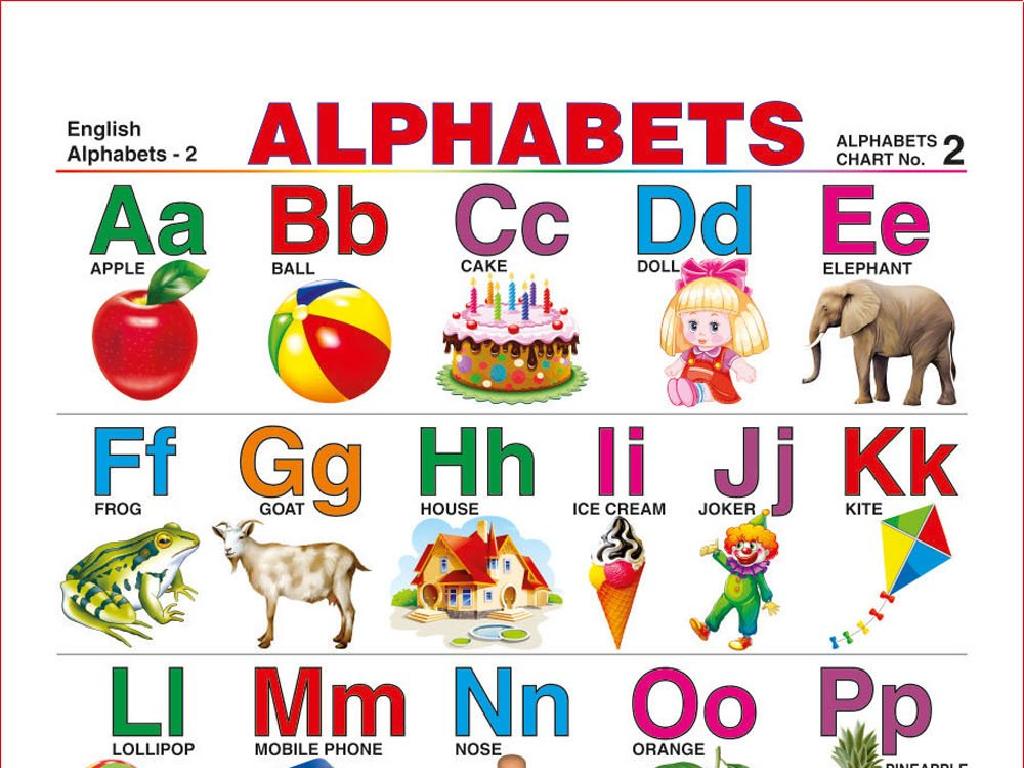Change The Sentence To Future Tense
Subject: Language arts
Grade: Third grade
Topic: Verb Tense
Please LOG IN to download the presentation. Access is available to registered users only.
View More Content
Exploring Future Tense
– Understanding verb tenses
– Defining a verb
– Action words in sentences, like ‘run’, ‘think’, ‘play’
– Today’s focus: Future Tense
– Verbs that tell us about actions that will happen
– How to form future tense
– We use ‘will’ before the verb to talk about future actions
|
This slide introduces the concept of verb tenses, focusing on the future tense for third-grade students. Begin by explaining that verbs are words that show action or a state of being. Then, move on to the future tense, which is used to describe actions that haven’t happened yet but will occur later on. Teach the students how to form the future tense by using the word ‘will’ followed by the base form of the verb. For example, ‘I will eat dinner at 6 PM.’ Provide several examples and encourage students to come up with their own sentences using the future tense. This will help them grasp how to talk about upcoming events or actions.
Exploring Future Tense in Sentences
– What is future tense?
– It talks about actions that haven’t happened yet.
– Signals of future tense
– Look for ‘will’ and ‘going to’ to find future tense.
– Example: ‘I will eat breakfast.’
– ‘will’ shows something is definitely going to happen.
– Example: ‘She is going to write a letter.’
– ‘going to’ is used when planning to do something.
|
The future tense is used when we want to talk about things that haven’t happened yet. Teach the students to identify the future tense by looking for words like ‘will’ and ‘going to.’ Use everyday examples to illustrate the concept, such as ‘Tomorrow, I will go to school’ or ‘Next year, we are going to visit grandma.’ Have the students practice by converting present tense sentences into future tense and explain the difference in meaning. This will help them understand how the tense can change the time an action is supposed to take place.
Changing Present to Future Tense
– Forming future tense sentences
– Using ‘will’ before verbs
– ‘I eat’ becomes ‘I will eat’
– Using ‘am/is/are going to’ with verbs
– ‘I am eating’ changes to ‘I am going to eat’
– Practice changing tenses
|
This slide introduces the concept of changing sentences from the present tense to the future tense, which is a key component of understanding verb tenses for third graders. Start by explaining that the future tense tells us about actions that will happen later. Show how simply adding ‘will’ before the base form of a verb changes the sentence to future tense. Then, demonstrate how to use ‘am/is/are going to’ for actions that are planned or certain to happen. Provide examples and encourage students to come up with their own sentences, changing them from present to future tense to reinforce the lesson.
Let’s Practice Changing to Future Tense!
– ‘I eat an apple’ becomes…
– ‘I will eat an apple.’
– ‘He runs fast’ turns into…
– ‘He will run fast.’
– ‘They play soccer’ changes to…
– ‘They will play soccer.’
|
This slide is designed to help students practice changing sentences into the future tense. Start by explaining that the future tense describes actions that will happen later. Use the examples provided to show how to add ‘will’ before the verb to shift the sentence to the future tense. Encourage students to come up with their own sentences and change them to future tense as well. Make sure to praise their efforts and correct any mistakes gently, ensuring they understand the concept.
Using Future Tense in Stories
– Why authors use future tense
– Making predictions in stories
– Authors hint at what might happen next
– Showing characters’ future actions
– Tells us what a character plans to do
– Example: A treasure discovery
– ‘She will discover a hidden treasure’ means it hasn’t happened yet, but it will!
|
This slide introduces the concept of future tense in storytelling. Future tense is used by authors to indicate actions that will occur later on. It helps in making predictions and setting up expectations for the reader. For example, the sentence ‘She will discover a hidden treasure’ uses the future tense verb ‘will discover’ to show that the character is going to find something exciting later in the story. This creates suspense and keeps the reader interested. Encourage students to think of their own examples of future tense and how it might be used to tell a story or make predictions about what could happen.
Your Turn to Write: Future Tense
– Write a story in future tense
– Use three future tense sentences
– ‘I will go to the park’, ‘She will bake a cake’, ‘They will play a game’
– Share your story with a friend
– Discuss what might happen next
– Imagine what adventures await your characters
|
This slide is an activity prompt for students to practice writing in the future tense. Encourage them to think creatively and come up with a short story where the actions have not yet occurred but will happen later. Remind them to use future tense verbs, often formed with ‘will’ plus the base verb. After writing, students should pair up to read each other’s stories and discuss them. This peer sharing will help them understand different uses of future tense and enhance their storytelling skills. As a teacher, walk around the classroom to offer help and ensure that each student uses future tense correctly. Encourage students to think about how their stories might continue to foster imagination and understanding of verb tenses.
Class Activity: Future Tense Charades
– Act out an action for the class
– Classmates guess in future tense
‘You will jump’, ‘You will eat’, etc.
– Everyone takes turns
– Have fun predicting actions!
|
This slide introduces a fun and interactive class activity focused on practicing the future tense. Students will take turns acting out various actions without speaking, while their classmates try to guess the action using the future tense, such as ‘You will run’ or ‘You will draw’. It’s a great way for students to practice verb conjugation in a dynamic and engaging way. For the teacher: Prepare a list of action verbs suitable for charades. Ensure that each student gets a turn to act and to guess. Encourage correct use of the future tense and provide gentle corrections as needed. This activity not only reinforces the concept of future tense but also promotes active participation and collaboration among students.

